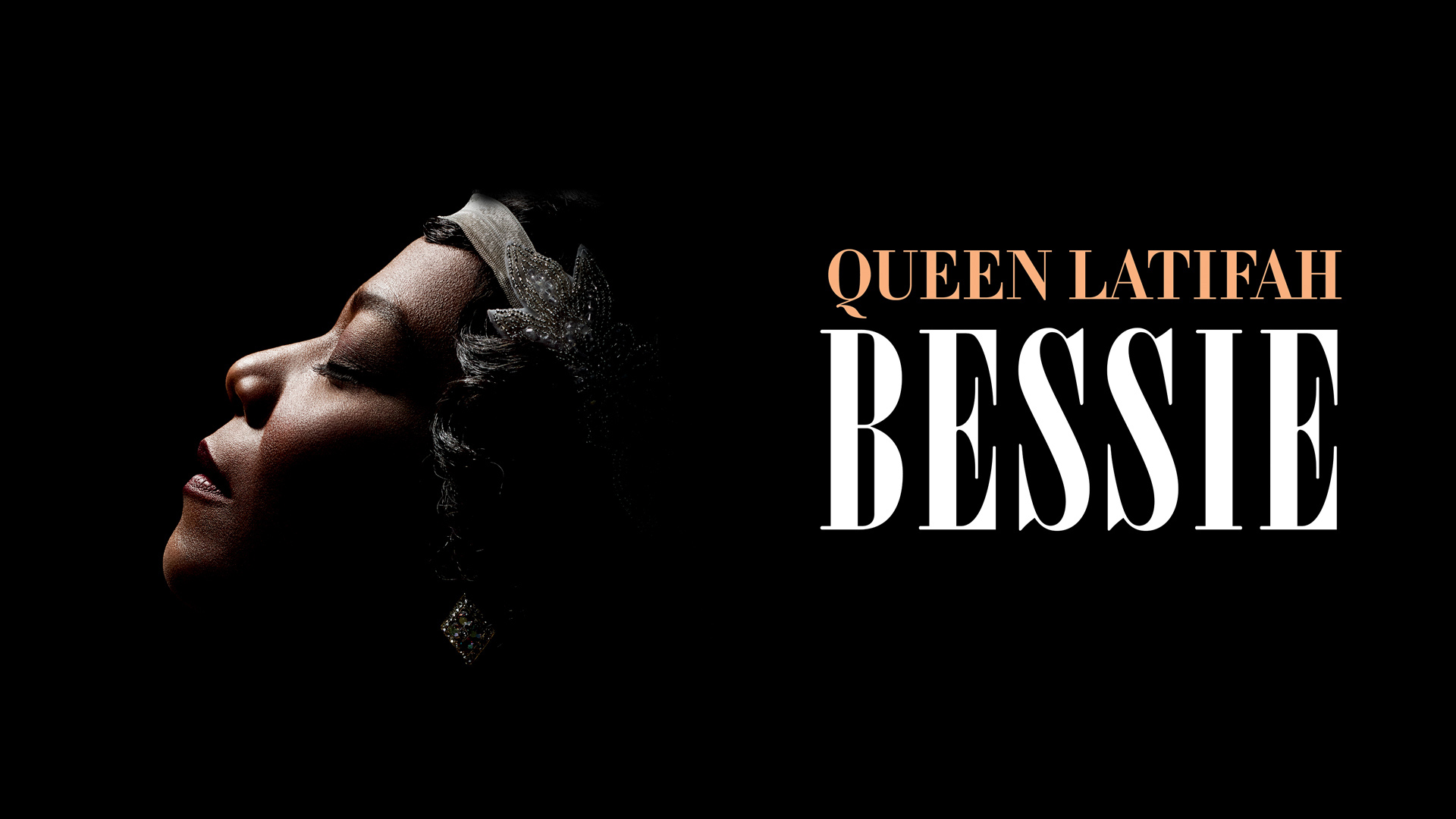Review: Bessie
DVD Reviews
Bessie
HBO Films
Street: 09.01
Queen Latifah stars as the title character Bessie Smith in HBO’s Bessie, a biopic on the life of the legendary American blues singer. The film focuses on Smith’s transformation from a struggling young singer into the “Empress of the Blues,” one of the most successful recording artists of the 1920s. Times were rough for ol’ Bessie growing up and even after her rise to fame. Her parents and brother died when she was young and was looked after by her older sister, this on top of the fact that she was black, bisexual and growing up in Tennessee in the mid 1900s. Let’s just say they could of gone a lot better for her. To help ends meet for her family, Bessie and her brother sung and danced in a duet on the streets of Chattanooga. By 1912, Smith was a known singer in her part of town, delighting people with her voice and dancing. Well, most people. Although she had a great voice, a lot of people were judgmental about her appearance. In one scene, she is mortified during an audition when she is given the paper bag test. Basically, they hold a regular brown paper lunch bag up to her face—if her skin tone is lighter than the bag, she passes. Only light-skinned performers were sought for the role; Smith didn’t pass and was laughed off the stage. Little did the producer know that Smith had a volatile temper and proceeded to push him down to the floor.
Her temper was pretty notorious back in the day, though all of her violent outbursts were for good reason. In the opening shot of the film, Smith is in the alleyway of a performance making out with a man. He wants to take it to third base, she doesn’t, so the man punches her in the face and leaves a scar on her head. She returns the favor by cutting his thigh with a piece of broken glass. Her temper would catch up with her, though. One night, after a successful performance, she and a large group of people are partying backstage when another man calls Smith a “fat bitch.” Smith corrects the man by slapping him and is just about to bash him over the head with a vase when she takes pity and tells him to leave. The man waits hours for her outside and shanks her as she leaves the party. She survives, of course, but takes a licking.
I loved Bessie for the most part. The performances in the film were fantastic—literally everybody brought their A-game. The performance I was most impressed with was Mo’Nique as Ma Rainey, Bessie’s protégé. Rainey was the first person to give Bessie a job as a dancer for her troupe having already earned success as a blues singer. She would later take note of Bessie’s great singing voice and move her up the ladder from dancer to singer. Mo’Nique absolutely nails it as Rainey, a fair but tough business lady. Before Bessie, Rainey was the hot ticket in town. She was so hot she was able to waltz into any white-owned dance club and make a list of demands including higher pay, and they would give into her. This performance proves that her Academy Award for Precious was well-deserved.
One big draw back for the film was that it felt extremely rushed. I know it’s often hard to make a two-hour film chronicling a person entire life, but scene and characters seemed to come and go within a matter of minutes. It has also been pointed out on many message boards that this film took a lot of liberties with what actually happed in Bessie’s life, mostly her relationship with Ma Rainey. In the film it makes it look like Rainey was the one that taught Bessie to sing, when in real life this wasn’t the case. The DVD for Bessie is barebones; a short documentary into the making of the film featuring interviews with the stars is all we get. Picture and audio are top notch, but I would have liked some more extra features.
With all that said, Bessie is still an entertaining film with excellent acting. It probably won’t be one you go back to watch that often, but if you’re a fan of the blues, this movie should tickle your fancy.

